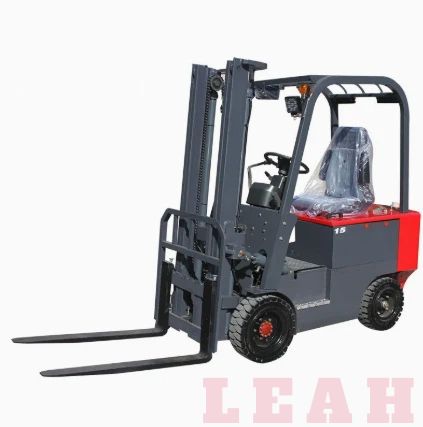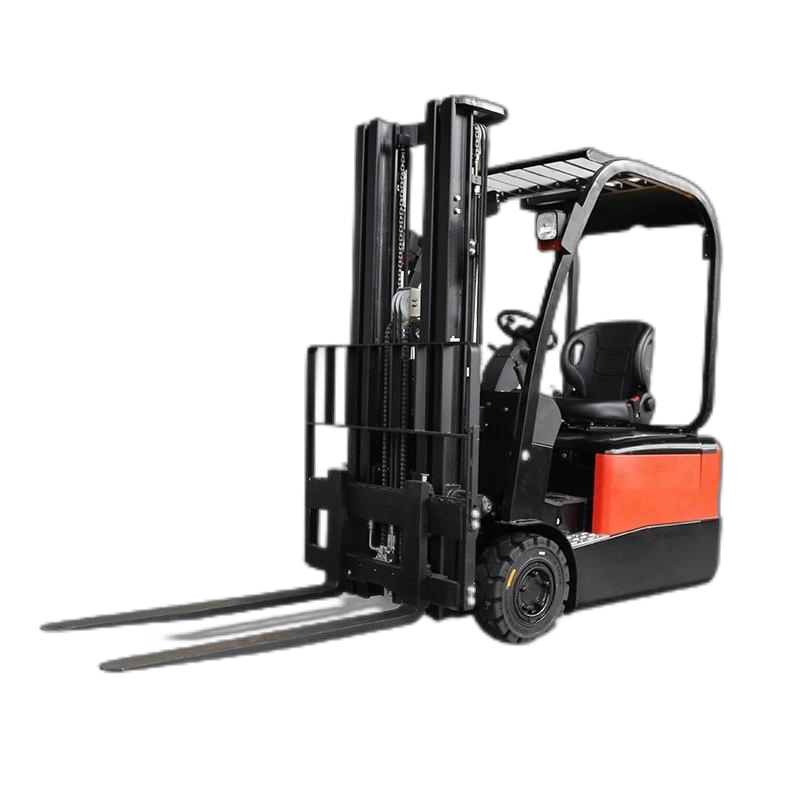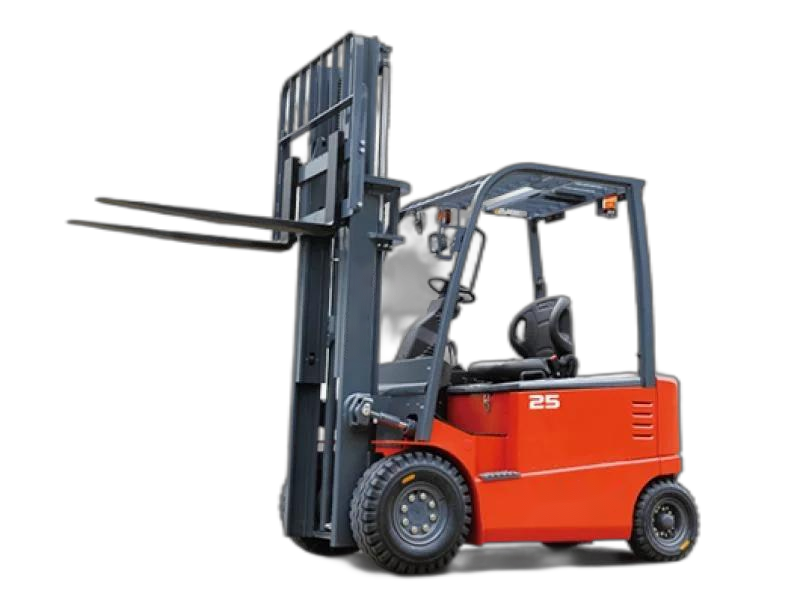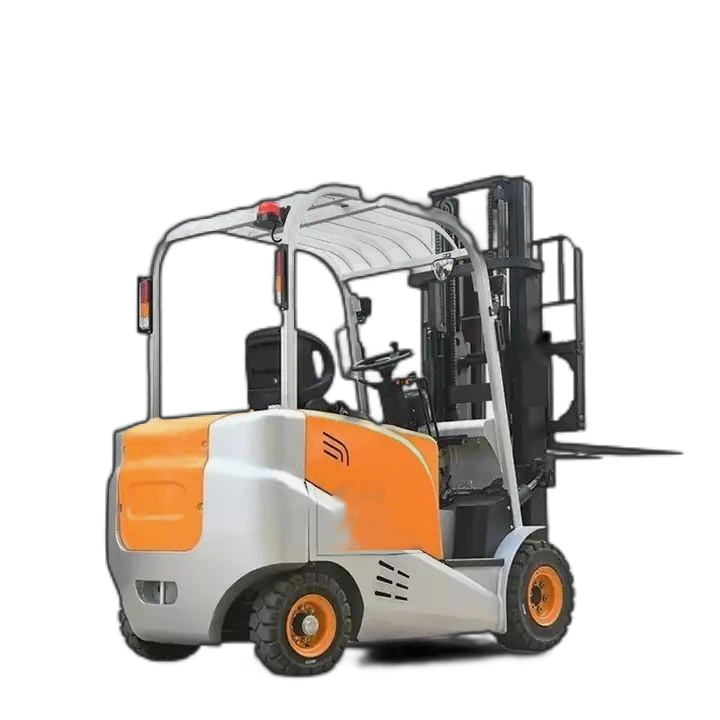In various engineering operations, resource development, and daily work scenarios, 10-ton excavators have become reliable assistants for numerous construction projects, thanks to their moderate size, excellent maneuverability, and strong operating capabilities. When planning to purchase a 10-ton excavator, you need to comprehensively consider multiple key aspects to ensure that the selected equipment can efficiently and stably meet your operational requirements.
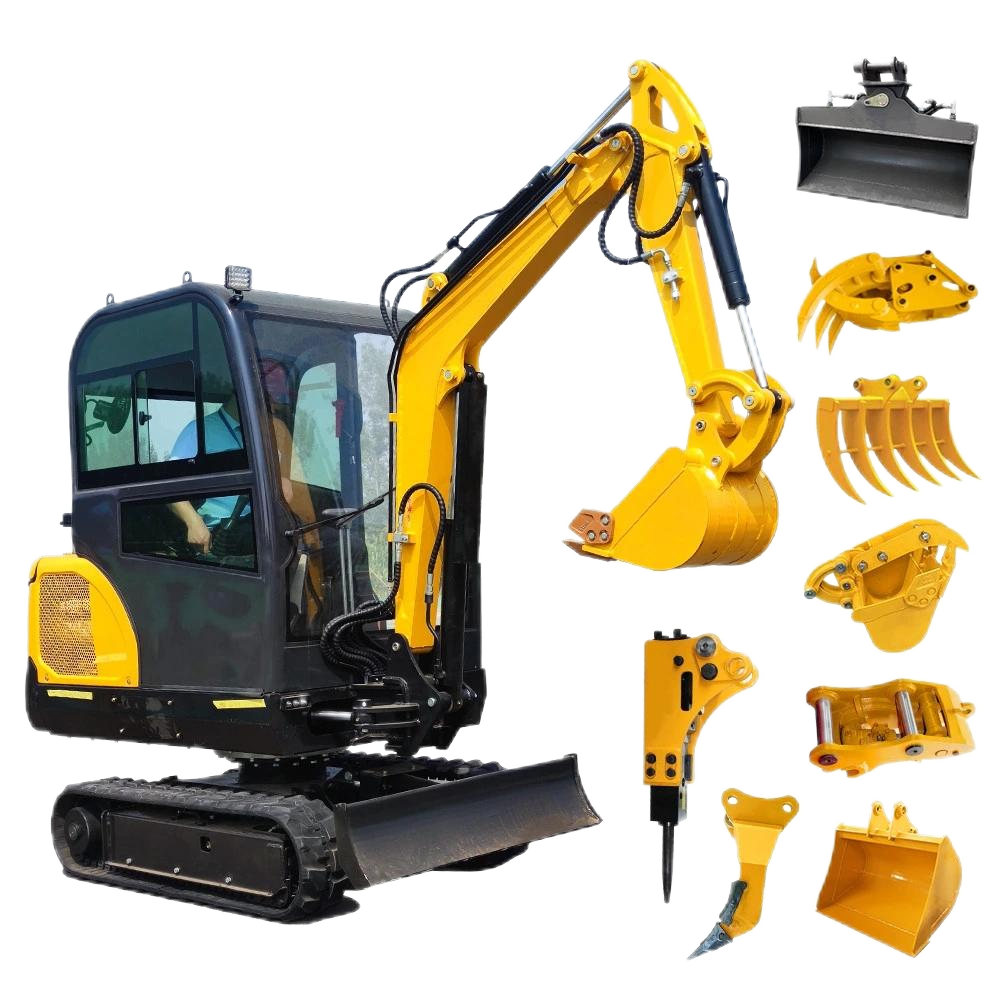
I. Define Operational Requirements
1. Types of Operations
Different types of operations have varying requirements for the performance of excavators. If the excavator is mainly used for road construction, such as subgrade excavation, earthwork transportation, and trench digging, it needs to have good digging force and a flexible body to adapt to operations in narrow spaces. When replacing sewer pipes during the renovation of old residential areas, an excavator with a smaller body can complete the task without damaging surrounding buildings and facilities. In housing construction, when undertaking foundation excavation tasks, more emphasis is placed on the digging depth and efficiency of the excavator.
2. Operating Environment
Take into account the size of the work site, terrain conditions, and the surrounding environment. For narrow work sites, such as urban streets or indoor demolition operations, the excavator needs to have a small turning radius and flexible operation performance. When operating in harsh environments like mines, the excavator is required to have better durability and stability to cope with complex terrains and high-intensity work.
3. Workload and Intensity
Estimate the daily workload and work intensity. If the work tasks are heavy and the operation time is long, you need to choose an excavator with stable performance and high reliability to reduce downtime due to failures and improve work efficiency. For example, in large-scale earthwork projects or sand and gravel mining, excavators need to operate continuously for long periods, and at this time, the durability of the equipment is particularly important.
II. Focus on Equipment Performance
1. Power System
Power is the core of excavator operations, and the engine power directly affects the work efficiency and digging force of the excavator. Generally, 10-ton excavators are equipped with engines with a power of around 60 - 80 kilowatts. When selecting, ensure that the engine has strong power to meet actual operational needs. At the same time, consider the fuel economy of the engine to reduce long-term usage costs.
2. Digging Capacity
Bucket capacity and digging force are important indicators for measuring the digging capacity of excavators. The bucket capacity of 10-ton excavators is usually around 0.5 - 0.6 cubic meters. The bucket digging force and arm digging force vary among different brands and models of excavators. According to the operation objects and working conditions, choosing an excavator with an appropriate digging force can improve digging efficiency and reduce operation difficulty.
3. Travel and Swing Performance
Travel speed and swing speed affect the work efficiency and maneuverability of the excavator. Generally, the travel speed of 10-ton excavators is about 3 - 5 km/h, and the swing speed is about 10 - 12 rpm. In scenarios where frequent movement of the work position is required, faster travel and swing speeds can save time and improve work efficiency.
4. Hydraulic System
The stability and reliability of the hydraulic system are directly related to the overall performance of the excavator. A high-quality hydraulic system can ensure smooth movements and rapid responses of the excavator, reducing the probability of failures. When selecting, pay attention to the quality and brand of key components such as hydraulic pumps and control valves to ensure that the hydraulic system can adapt to high-intensity work.
III. Consider Brand and Quality
1. Brand Reputation
Choosing excavators from well-known brands often means higher quality assurance and better after-sales service. Brands with a good reputation in the market have been tested by a large number of users, and their product quality and performance are relatively reliable.
2. Product Quality
Understand the manufacturing process and materials used in the excavator. High-quality excavators use high-quality materials in key parts such as structural components, chassis, and working devices, and have exquisite manufacturing processes, which can ensure the strength and durability of the equipment. At the same time, pay attention to the product's quality certification, such as ISO quality management system certification, CE certification, etc. These certifications are an endorsement of product quality.
IV. Evaluate After-Sales Service
1. After-Sales Network Coverage
Choose brands and manufacturers with a large number of after-sales service outlets and wide coverage. This way, when the equipment fails, you can obtain professional maintenance services in a timely manner, reducing downtime. Find out how many local offices or authorized service centers can provide services for the excavator at any time, and whether technical service personnel can arrive at the site for maintenance and inspection in a short time.
2. Spare Parts Supply
Ensure that the manufacturer can supply high-quality original spare parts in a timely manner to guarantee the maintenance quality and normal operation of the equipment. Original spare parts have better compatibility with the excavator, which can effectively extend the service life of the equipment. At the same time, understand the price and supply cycle of spare parts to avoid affecting the use of the equipment due to shortages or high prices of spare parts.
3. Training and Technical Support
Whether the manufacturer provides operation training and technical guidance to help operators better master the operation skills and maintenance knowledge of the excavator is very important for improving the equipment's use efficiency and extending its service life. In addition, whether the manufacturer can provide timely technical support and solutions when problems occur during the use of the equipment is also a factor to be considered.
V. Budget and Cost-Effectiveness
1. Price Comparison
Compare the prices of 10-ton excavators of different brands and models in the market, but do not use price as the sole selection criterion. Excessively low prices may indicate potential problems with equipment quality and after-sales service, while excessively high prices may exceed the budget and have a low cost-performance ratio. Comprehensively consider factors such as equipment performance, quality, and after-sales service, and choose products with a high cost-performance ratio.
2. Long-Term Operating Costs
In addition to the purchase price, also consider the long-term operating costs of the excavator, including fuel consumption, maintenance costs, and spare parts replacement costs. Choosing an excavator with good fuel economy, convenient maintenance, and low costs can reduce long-term operating costs and improve the return on investment.





